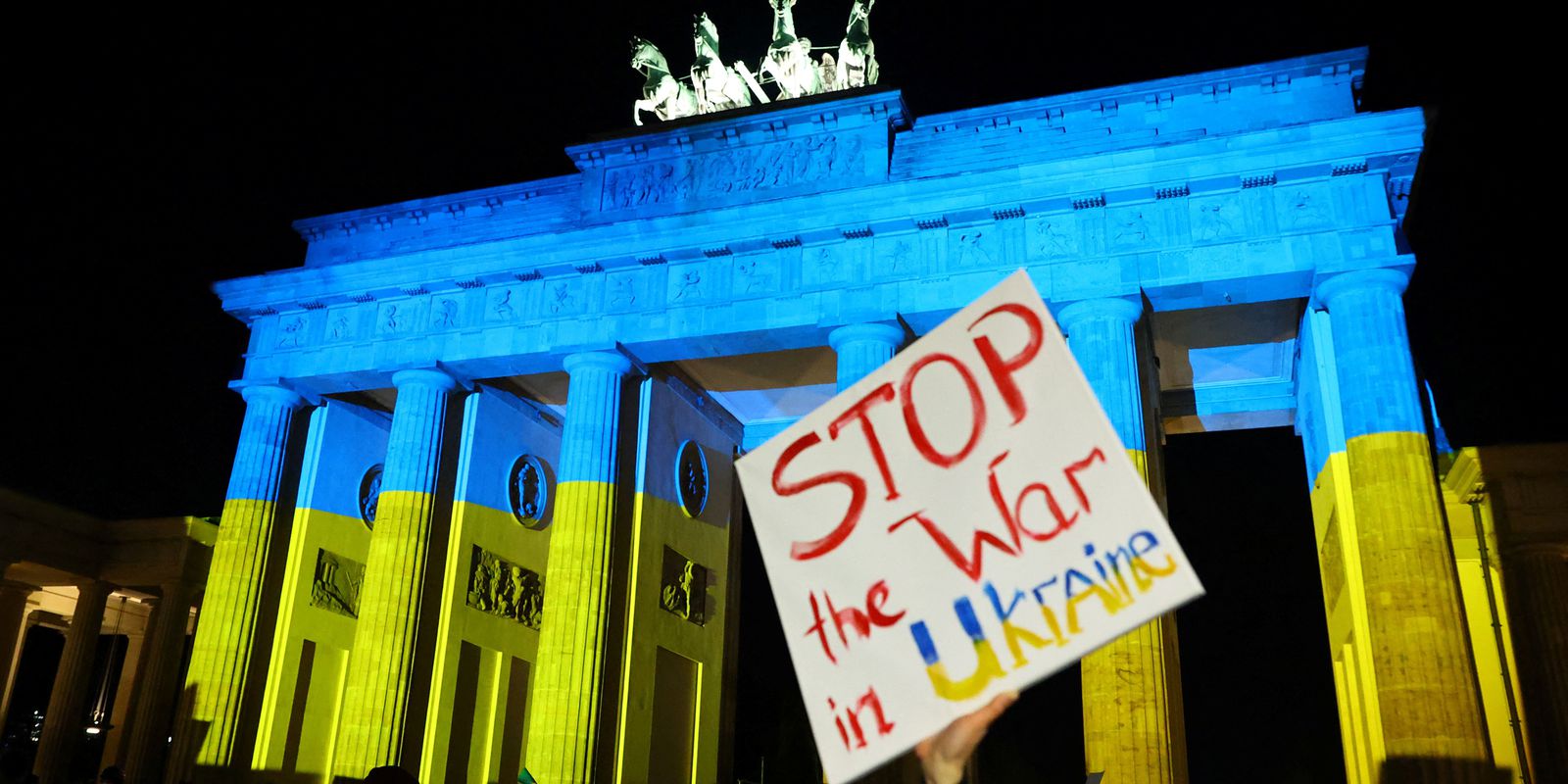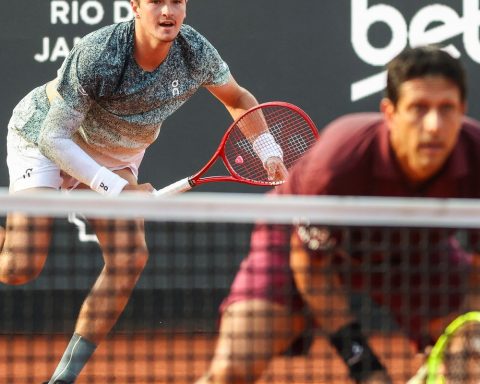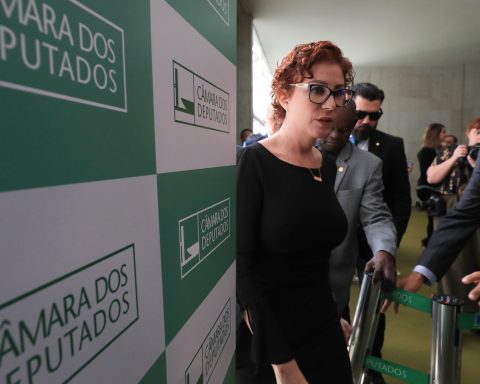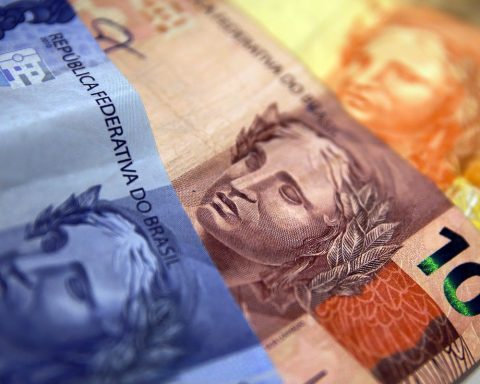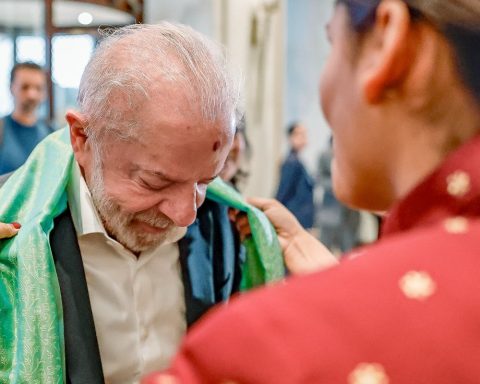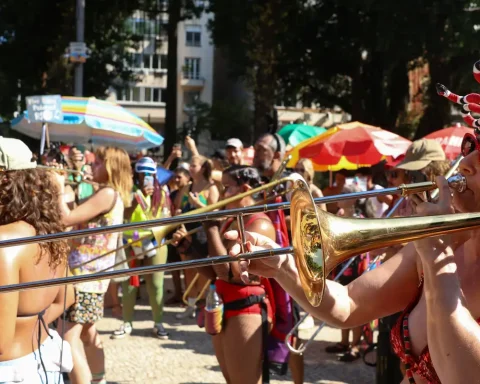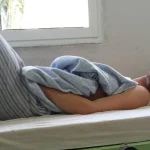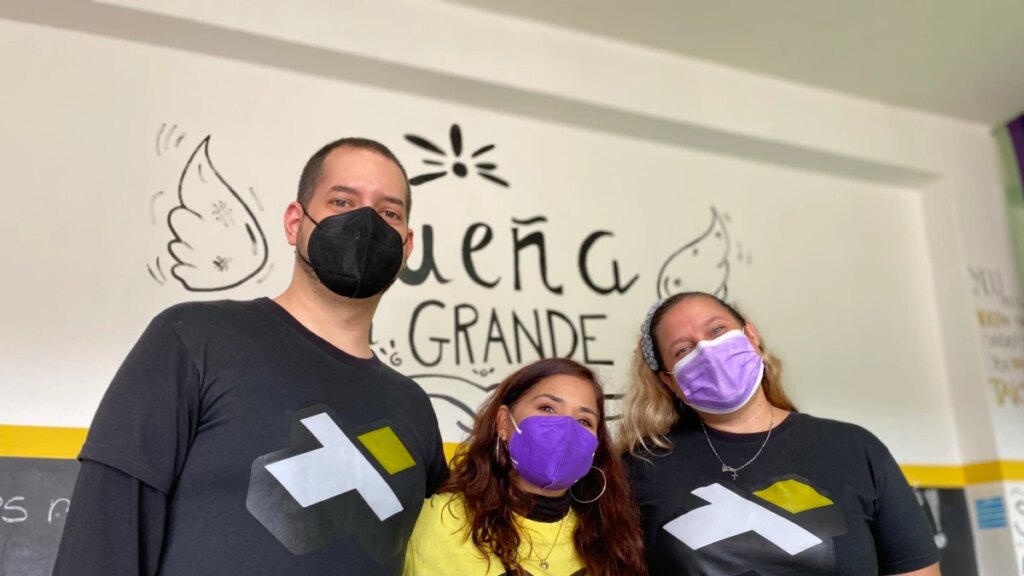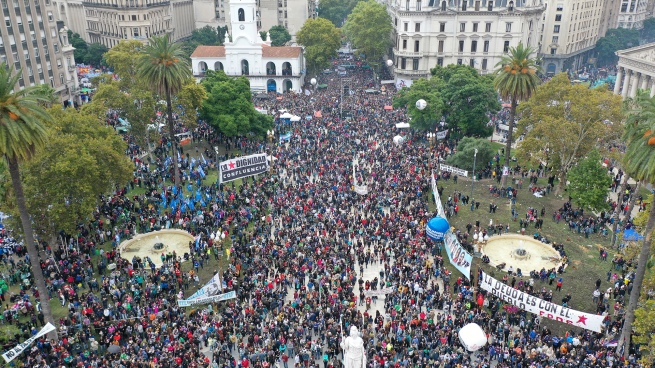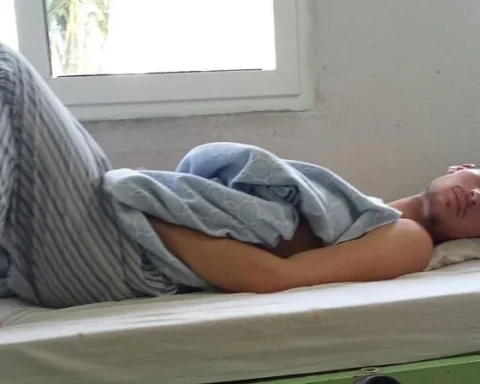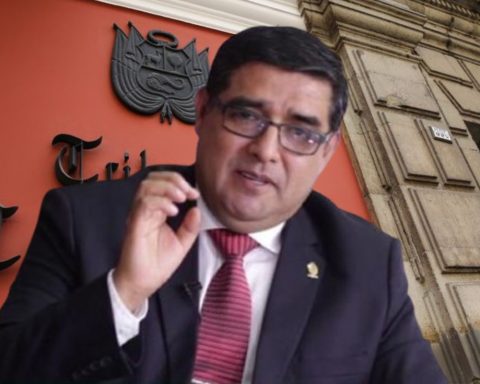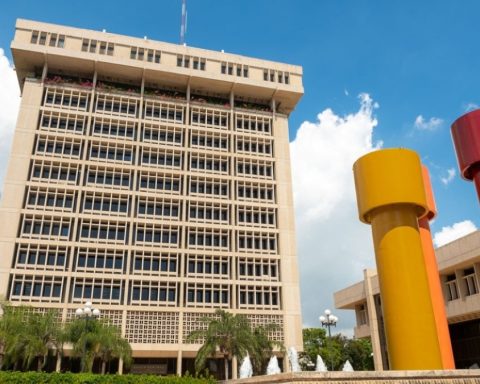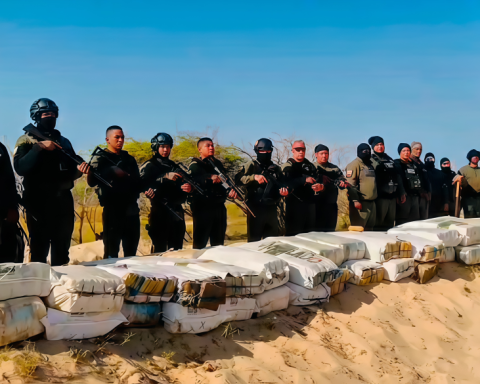Boycott of a Russian conductor, cancellation of a lecture about the writer Fyodor Dostoevsky and even the removal of stroganoff from the menu of a restaurant are examples of practices that have been adopted to express a position against the war in Ukraine. These actions, however, go beyond the political sphere and can be understood as xenophobic practices, insofar as they discriminate against Russian culture and can encourage more aggressive behavior. 
Lawyer Danilo Kozemekin is Brazilian, grandson of Russians, lives in São Paulo and observes a growing increase in racist attacks. He says he was raised by his grandparents and shares values and practices of the Russian community, especially around living in the Orthodox Church. “What scares me the most and makes me very sad is that the threats started in the churches,” he says. Danilo adds that voice mail messages were left with Nazi references. “They said we deserved to have died in World War II.”
For Vanessa Matijascic, professor of international relations at the Centro Universitário Armando Alvares Penteado (Faap), it is necessary to differentiate between economic and political sanctions related to war. “This dichotomy is very problematic, because you simplify something, you extrapolate a sphere that is the political intervention of a certain president, at a certain time, and you will attribute this to all Russian expressions, to the entire Russian people indiscriminately. You cannot take a political event and, from there, turn all other spheres into penance,” she says.
The teacher draws attention to generalizations that may approach historical discriminatory practices, such as those that occurred in the period of Nazism and Fascism. Vanessa believes that these prejudiced positions fall under the same system. “I believe this has to do with the global context, just before the pandemic, of the rise of groups, in certain countries, of the extreme right or this extreme right gaining a little more space”, she warns.
Danilo Kozemekin recalls that, although threats of aggression have increased in the context of the war, they have already occurred through the social networks of the Russian community. It’s what he calls Russophobia. “Within the culture pop, for example, the Russian is always the bad guy, the villain”, he exemplifies referring to the films, especially from the period of the Cold War between the United States and Russia. Vanessa adds other historical elements, especially in the 20th century, such as Adolf Hitler’s Nazi propaganda.
The professor emphasizes the role of the press, in the sense of showing different positions so that the information consumer can form their opinion. She regrets that because they are constituted as companies, this is often not the case. Vanessa explains, for example, from the current called Realism in International Relations, that it is natural to understand the Russian intervention in Ukraine, since that country began with the request for entry of the North Atlantic Treaty Organization, NATO.
She reconstructs post-war geopolitics, in 1945, and the agreements that followed, including the formation of the United Nations Security Council, to explain her opinion. “On the American continent, basically, most of the most sensitive issues within military defense areas pervade the United States, because it is the power of the region. And with regard to the so-called post-Soviet spaces too, and Ukraine is a clear case about that”, compares the researcher. This reading, however, is often sidelined in the news, building a dichotomous narrative of the war.
